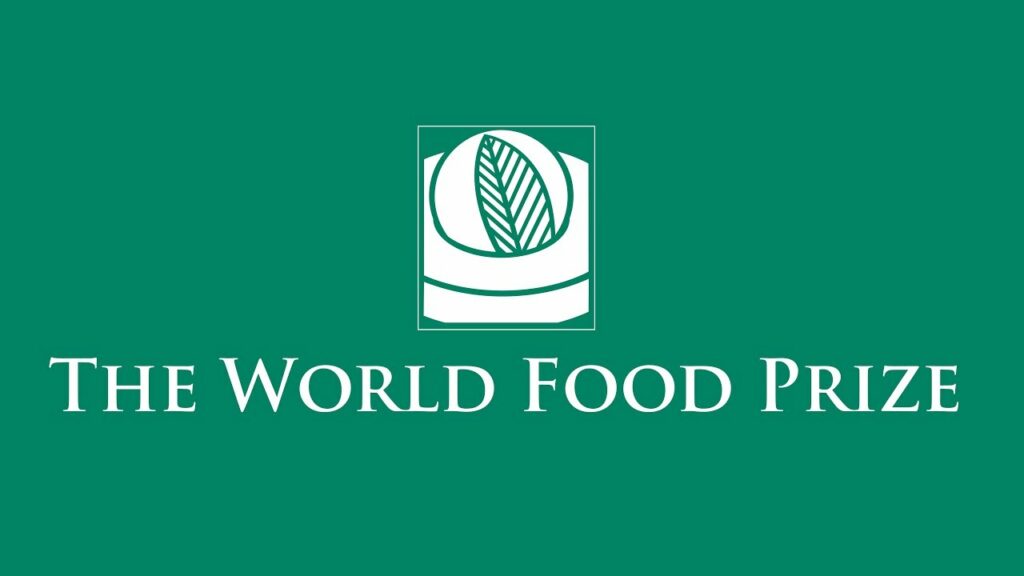In meeting with Iowans et al., Trump says he may revive TPP

BUSINESS RECORD STAFF Apr 12, 2018 | 8:45 pm
1 min read time
325 wordsAll Latest News, Economic DevelopmentPresident Donald Trump met with farm-state interests today, leaving open the possibility that the Trans Pacific Partnership, a top priority of Iowa business interests, may be renewed.
Trump had lumped TPP into a group of agreements he opposed because of his general thought that the United States was getting a raw deal from other nations in trade. But farm organizations, the Greater Des Moines Partnership and many other groups supported the agreement as critical to opening markets for grain, meat and other products.
Gov. Kim Reynolds and U.S. Sens. Chuck Grassley and Joni Ernst were among those attending the meeting with Trump. In a statement later, Reynolds said Trump understood efforts to open markets, promised to end a trade dispute with China and suggested he would boost the use of E15, a 15 percent mixture of corn-based ethanol and gasoline.
“[Trump] understands that for our farmers to be successful, we need to grow — not contract — our markets,” Reynolds said. “In addition to discussing trade with China, we emphasized the importance of finalizing NAFTA negotiations, expanding the use of E15 year-round and reconsidering the TPP.”
Reuters reported that Trump talked of lifting the summertime ban on E15, which is limited due to concerns about smog. “We’re going to work out something during the transition period, which is not easy, very complicated,” Trump said.
That is a huge issue in Iowa, the nation’s top corn producer and a major source of grain-based fuels.
The Wall Street Journal reported that the president’s apparent reversal on TPP came a little over a year after he withdrew. He asked his top advisers to look into re-entering the trade pact talks.
The New York Times reported the reversal would be a big boon to some industries, presumably including Iowa ag operations and manufacturing, and to GOP lawmakers who had supported TPP. The pact, negotiated by the Obama administration, was seen as a way to prod China into economic reforms.









